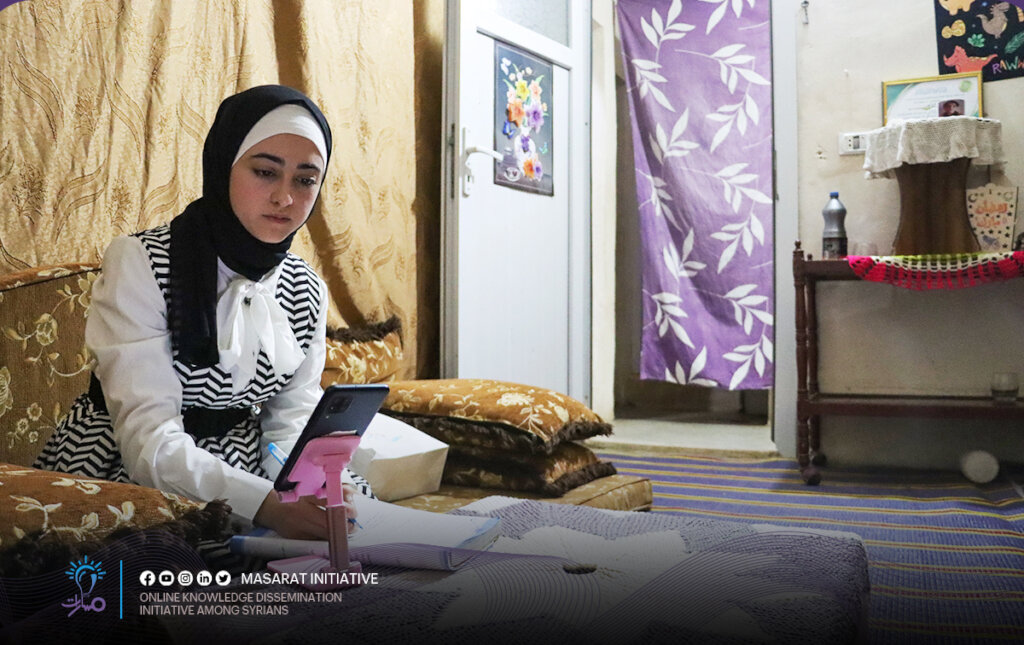In moments of pressure and challenges, time seems to slip away like sand in the wind. Minutes pass quickly, and hours fade. During these moments, understanding the importance of time management becomes crucial for prioritizing tasks, reducing distractions, and minimizing stress.
In this article, we’ll explore the five best time management strategies for our daily lives, including the Pomodoro technique.
What is Time Management?
Time management is an effective organizational process that allows you to focus your time and energy on your top priorities. It helps you work smarter, not harder, to achieve better results in less time.
Additionally, it enables you to strike a balance between work and life, improving the quality of your life by prioritizing the importance of time management.
The Importance of Time Management in Our Daily Lives
Time management helps us achieve our goals efficiently and effectively. Time is one of the most valuable resources we have, and using it wisely significantly impacts our quality of life and success across various fields, such as:
Making the Most of Your Time to Complete More Tasks
Understand that time is limited, but people differ in how they manage it. For instance, some employees complete their work faster than others, which can lead to promotions due to their time management skills. By prioritizing tasks, these individuals feel they have enough time to think, exert effort, and accomplish what is required.
This makes them desirable to employers and opens up more opportunities.
Boosting Self-Confidence
Completing tasks on time builds self-confidence, providing motivation to continue working and enhancing your time management skills to seize new opportunities.
Reducing Stress
If you complete only a few tasks despite being constantly busy or suffer from sleep deprivation, stress may arise from poor time management. Thus, developing your time management skills is crucial for alleviating this.
Improving Personal Relationships
Time management skills bolster social and personal relationships by setting aside time for family and friends, which positively impacts all aspects of life and serves as an incentive for better thinking.
The Pomodoro Technique for Time Management (Tomato Technique)
The Pomodoro Technique is a time management method that enhances productivity and focus by dividing work into 25-minute intervals followed by short breaks. What distinguishes this strategy is:
- Enhancing Focus and Attention: Working in organized, focused short periods followed by breaks improves concentration. This method helps one commit to a single task without distractions.
- Reducing Procrastination: The task seems less daunting when you know you’ll work on it for only a short time.
- Reducing Fatigue: Short breaks provide relaxation, reducing mental exhaustion from long, continuous work periods.
- Time Management: The Pomodoro strategy makes it easier to estimate how much time specific tasks require and allocate time accordingly.
- Gradual Progress: Completing multiple Pomodoros throughout the day leads to gradual progress, and over time, these small achievements accumulate, giving a sense of accomplishment and motivation.
- Improving Task Prioritization: The Pomodoro Technique involves selecting one task to focus on per session, helping prioritize and identify urgent tasks.
- Time Awareness: Using timers creates an awareness of the passage of time, preventing spending too long on a single task and avoiding distractions.
- Adaptability: The Pomodoro strategy is adaptable to different types of tasks and work environments.
- Enhancing Work-Life Balance: The Pomodoro technique promotes work-life balance by emphasizing the importance of taking breaks and periodically stepping away from work.
- Awareness and Reflection: Breaks offer a chance to reflect, evaluate goals, and clear the mind before returning to work.
5 Important and Effective Strategies for Time Management
Time Tracking
Start by carefully analyzing how you spend your time, identifying activities that waste your day and those that boost productivity. After understanding how you spend your time, allocate more to the activities that deliver the desired results.
Setting Time Limits for Each Task
When managing your time, prioritize tasks and set a timeline to complete them. Finishing on time boosts confidence and motivation, helping you realize you’re getting closer to achieving your goal. Without this, you’ll feel distracted and overwhelmed by the amount of work.
Taking Short, Effective Breaks
Allow yourself a break between tasks to recharge your brain and regain focus, maintaining your mental and physical balance.
Activities that can be done during breaks include:
- Meditation to reduce stress and combat fatigue.
- Going for a walk and enjoying the fresh air.
- Eating healthy snacks, ideally prepared by yourself.
Avoiding Distractions
The world is full of temptations that threaten your focus and divert attention. Create a plan to reduce distractions, like:
- Setting up a study area away from noise.
- Keeping smartphones out of the study area or limiting internet access.
- Avoiding overthinking about exam results and trusting in God.
- Maintaining a healthy lifestyle, getting enough sleep, and exercising.
Using Self-Motivation Techniques
Motivation is the fuel that ignites passion and persistence toward goals. It can be achieved in several ways, such as:
- Rewards and Penalties: Reward yourself after reaching specific goals, and implement penalties for not achieving them.
- Positive Visualization: Visualize yourself achieving success, which helps build self-confidence.
- Musical Motivation:
Listen to inspiring music while studying.
- Breaking Down Large Goals: Break down big goals into smaller, more achievable ones, making studying more encouraging.
- Supportive People: Surround yourself with supportive family and friends.
- Handling Challenges Positively: Tackle difficulties with a positive attitude instead of dwelling on disappointment.
By adopting and integrating these strategies, you can achieve a balance between personal and professional life, and accomplish goals confidently and distinctly. Therefore, I invite you to challenge yourself to apply these strategies daily because time isn’t just a counter; it’s a valuable tool that must be used wisely.
Author: Nada Mohammed Ali, Volunteer at Masarat Initiative








